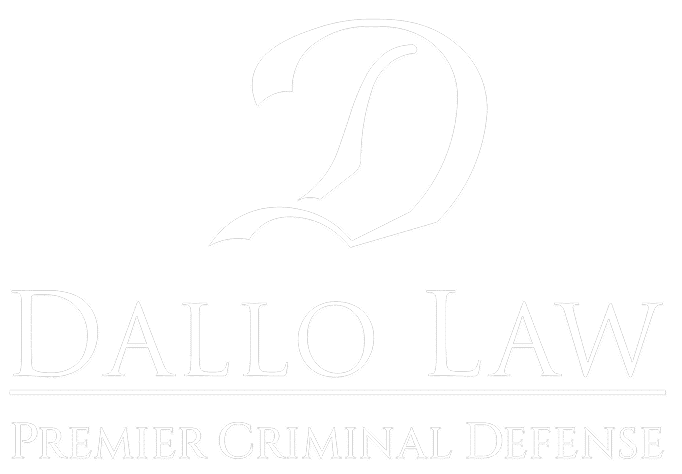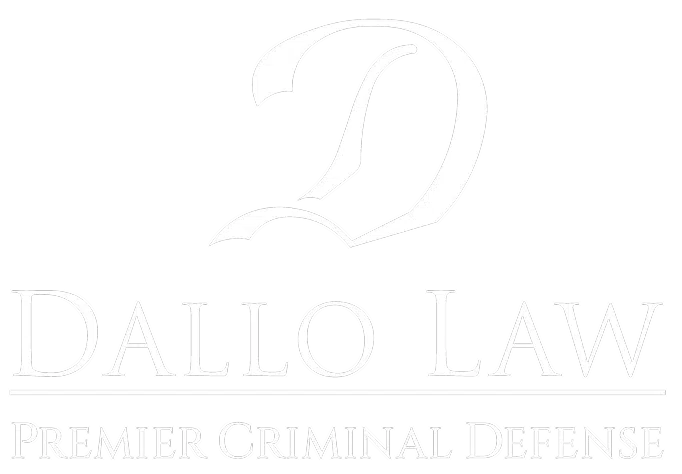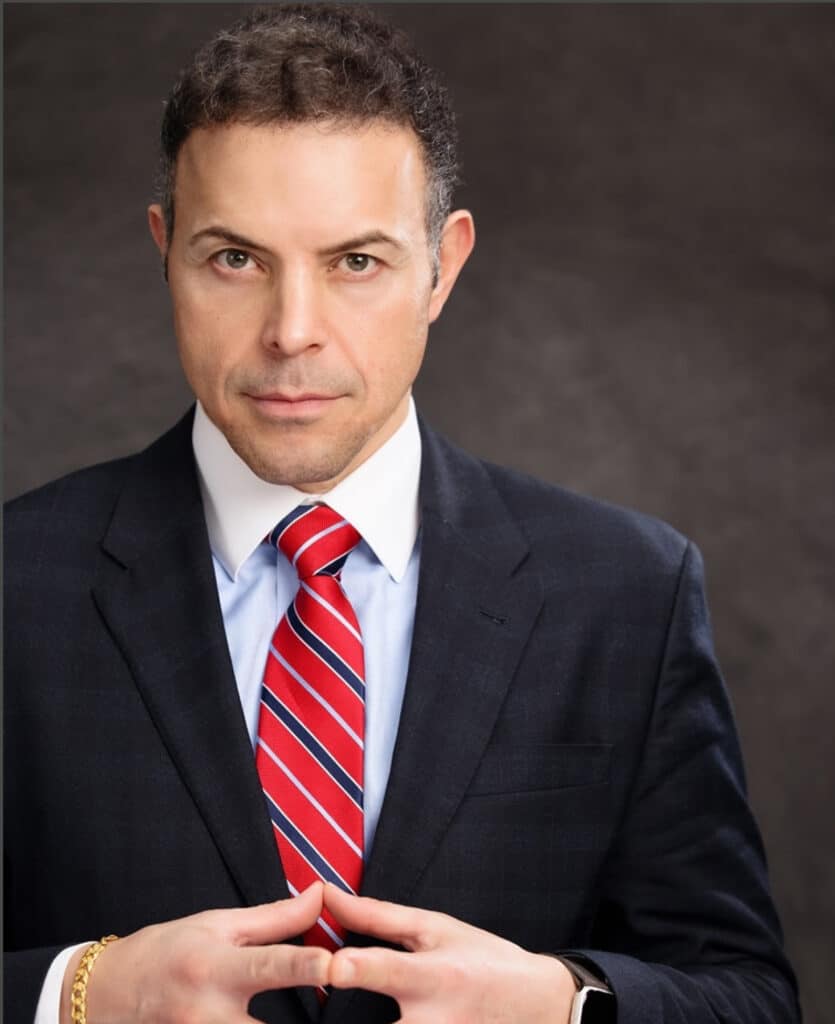What is Occupational Licensing?
The Michigan government issues occupational licenses, allowing residents to work in professional fields. In Michigan, nearly one in five workers must now obtain an occupational license before being legally permitted to seek employment in a particular type of job. Many of the licenses are very strict and difficult to come by, and some argue that they do not necessarily improve service quality or protect the public; however, they remain a necessity for Michigan workers interested in certain fields.
There are arguments that some occupational licenses impose barriers or gatekeepers preventing workers from entering specific fields of work. Some licenses, including those for moderate-income jobs, can take almost a year’s worth of education and experience to obtain.
Even after obtaining a professional occupational license, there is the risk of losing it. Individuals with criminal records can face additional hurdles in obtaining or maintaining their professional licenses.
Do Professional Licenses Require Mandatory Reporting of Criminal Convictions in Michigan?
Michigan’s professional licensing boards, such as the Michigan Department of Licensing and Regulatory Affairs (LARA), have strict rules when it comes to criminal convictions. Many licensing boards require license holders to report any criminal convictions (and sometimes mere criminal charges), and they may impose serious sanctions, including license suspensions or revocation of licenses, depending on the nature of the crimes committed.
Certain professionals in Michigan, such as doctors, physicians, teachers, and lawyers, have strict mandatory reporting requirements. Failing to report a criminal conviction could result in additional penalties, including the immediate suspension of their professional license. Criminal offenses involving violence, theft, illicit use of drugs, and fraud are more likely to negatively impact professional licenses.
Licensed healthcare professionals in Michigan must report a criminal conviction to the relevant licensing board within 30 days of the conviction. Depending on the profession, other professionals may be required to report convictions within 15 days.
In some cases, licensing boards can only disqualify applicants with a criminal history if they have been convicted of a crime directly related to the license they are seeking.
What Happens if You Fail to Report a Criminal Conviction to LARA?
After reporting a criminal conviction, most Michigan licensing boards conduct preliminary hearings on the facts of your criminal case, and the consequences will be determined.
Depending on your profession, you may have different reporting requirements and different boards to report to. For example, it may be necessary to report a conviction to LARA, Medicare, Medicaid, employer staff offices, professional liability carriers, and other state licensing boards. But what if you fail to notify the proper authorities of your criminal conviction?
Licensees who fail to report convictions within the allotted time windows must decide whether to self-report before renewing their licenses. Some professionals, such as healthcare providers, may be reluctant to report a criminal conviction for fear that the conviction would have serious consequences on their employment. However, the licensing boards may learn of the conviction independently, which could come with even harsher punishments. It is always recommended to self-report a conviction as soon as possible to give the impression that you are attempting to comply with the necessary laws and regulations. Even late reports can help mitigate subsequent licensing sanctions, especially compared to LARA or another board discovering the conviction independently.
Failure to self-report a criminal conviction is a violation of the public health code and or a violation of other strict regulations. In many cases, failure to self-report will result in filing an administrative complaint, alleging that the violations of your statutory duties to self-report, as well as any other allegations from the criminal conviction, show a lack of good moral character.
Collateral Consequences for failure to report a conviction to the proper authorities include the following:
· Mandatory notifications to licensing boards in other states
· Loss of license and professional privileges
· Loss of professional liability insurance
· Loss of registration for certain professions, such as DEA registration or enrollment in the Healthcare Association of Michigan
· And more
How Can Your Criminal History Affect Your Professional License in MI?
Whether or not you will lose your job or professional license if you are convicted of a crime depends on several factors, including the specific regulations that govern your professional license, your employer’s policies, and the nature of the crime.
For example, suppose you are a licensed professional facing a DUI charge in Michigan. In that case, many licensing boards have the right to discipline you and others for such crimes, including revoking or suspending your licenses, provided the crime was related to your profession. The specific consequences of a DUI conviction and your occupational license may very well depend on the unique circumstances of your case and the type of profession you have. For instance, a DUI conviction could negatively impact your ability to keep or renew your license if you are a commercial truck driver. Similarly, if you are a financial advisor and you get convicted of embezzlement or fraud, such a conviction may affect your ability to keep your license.
The Michigan Medical Board can discipline doctors, nurses, and other physicians convicted of crimes, including potentially revoking or suspending their professional licenses. LARA can discipline professionals of different fields, including teachers and real estate agents, provided the crimes they’ve been convicted of are related to their professions.
Regardless of whether you believe your criminal conviction has any relation to your profession, it is still highly advisable to seek the legal counsel of an experienced attorney. Please contact our law firm to discuss your case in more detail.
What is the Definition of ‘Good Moral Character’ and Who Makes Such a Determination?
While public health and safety usually believe that some criminal convictions should disqualify applicants for certain types of employment, many cases of criminal convictions of any kind could be considered obstacles to obtaining professional licenses. Most professional licensing regulations refer to the broad definition of good moral character as a license requirement. In some cases, having a criminal record could be seen as questionable moral character, thus banning individuals from getting such licenses.
Licensing authorities can consider what they believe to be good moral character without much oversight or guidance. Critics say this can make the licensing process unpredictable, inconsistent, and lacking in transparency.
Schedule Your Initial Consultation with an Experienced Michigan Attorney Today
If you have a professional license and have been convicted of a criminal offense, you must often report your conviction to the proper authorities, including, but not limited to, LARA.
Under Michigan law, the following are required to report criminal convictions to LARA within 30 days:
· Athletic trainers
· Counselors
· Dentists
· Massage therapists
· Nurses
· Nursing home administrators
· Nutritionists
· Optometrists
· Pharmacists
· Respiratory therapists
· Social workers
· And many more
In many cases, licensed professionals who are accused of crimes or who have been recently convicted must retain the professional legal representation of experienced criminal defense attorneys. Our Michigan law firm has extensive experience representing clients in criminal defense matters, and we would be proud to represent your legal rights in pursuit of the most optimal outcome to your case possible.
To learn more about the benefits of retaining our legal services, please schedule a case evaluation with the attorney and our legal team today by calling us at 248-290-9962.






